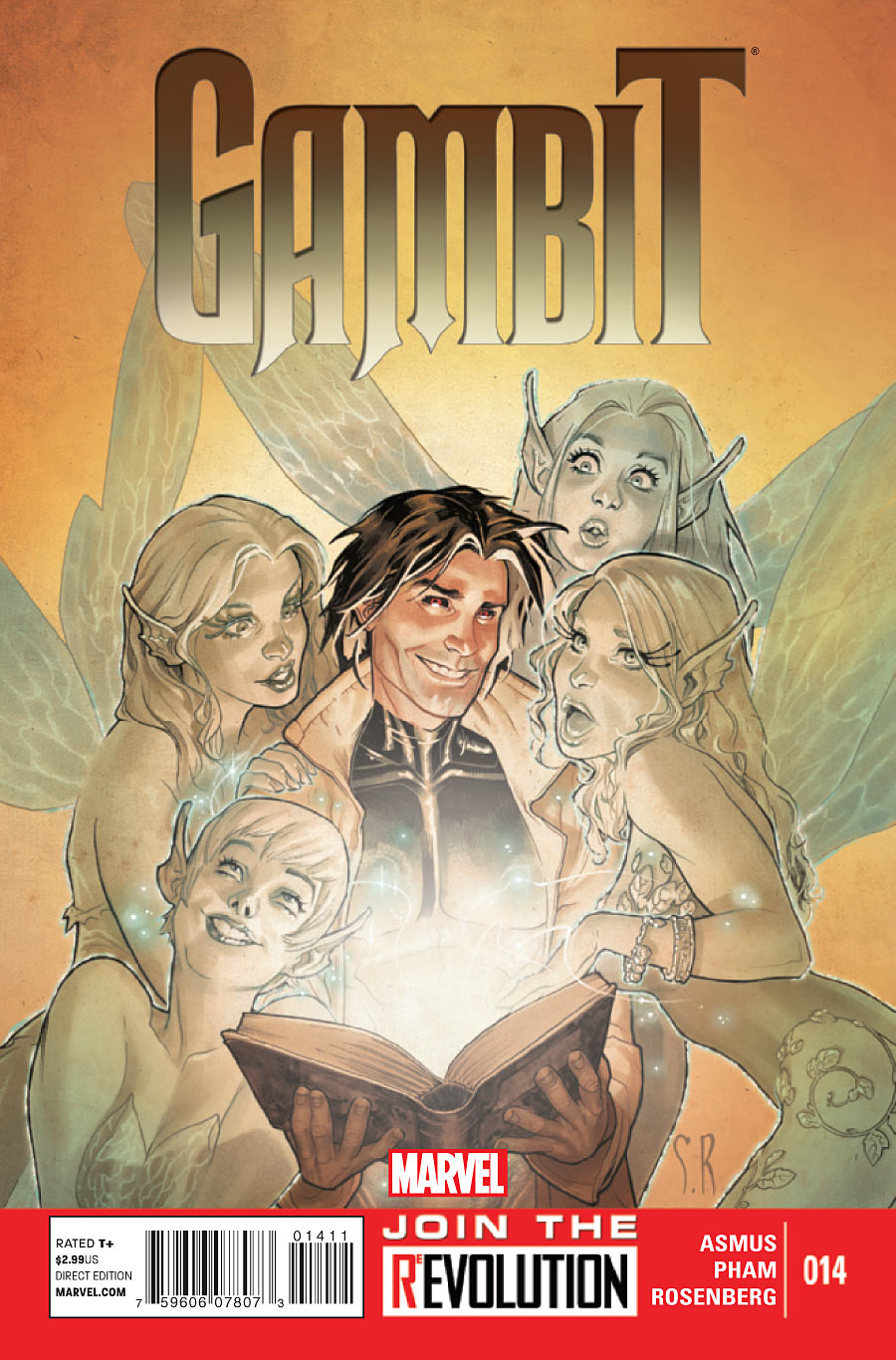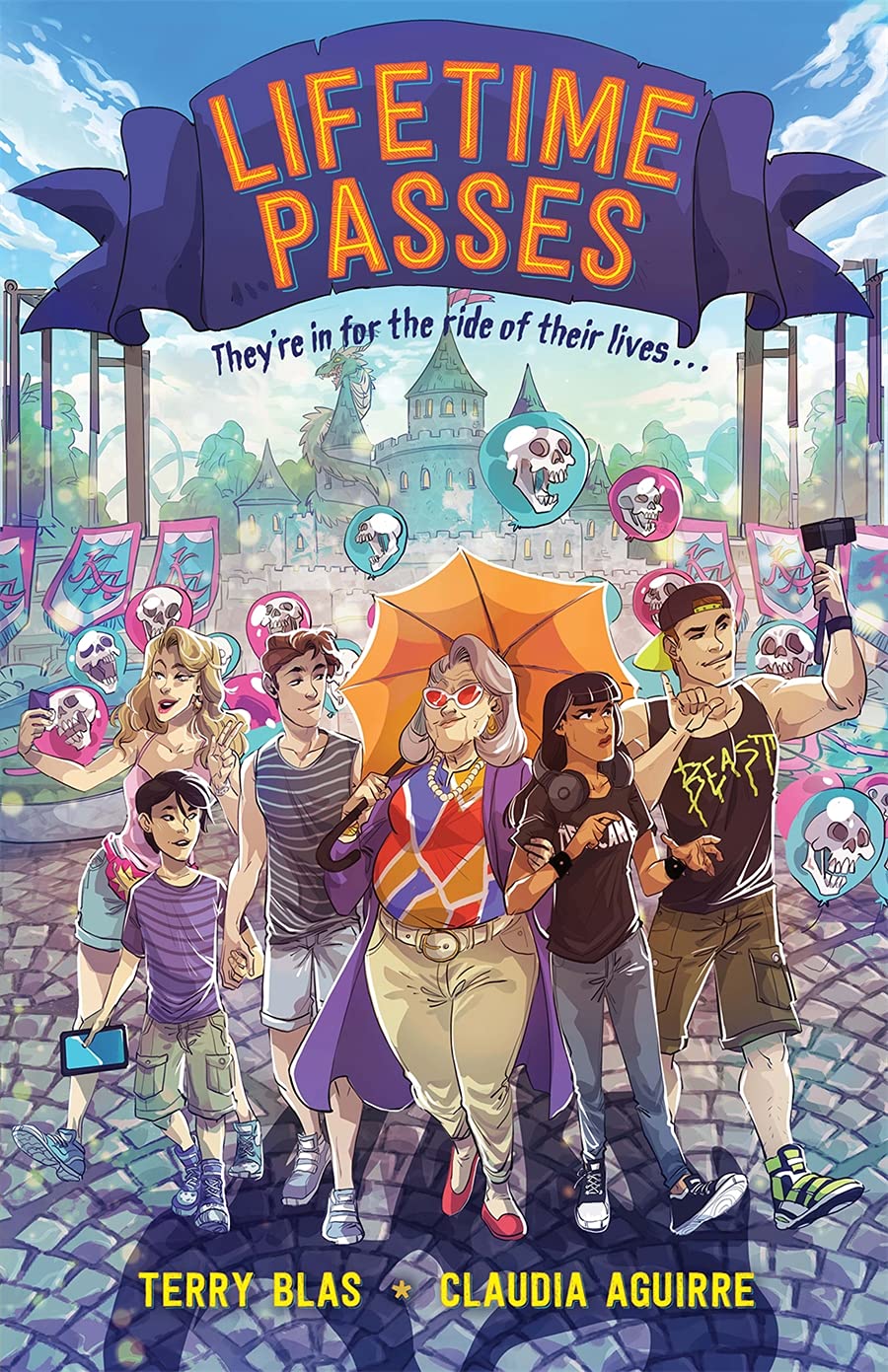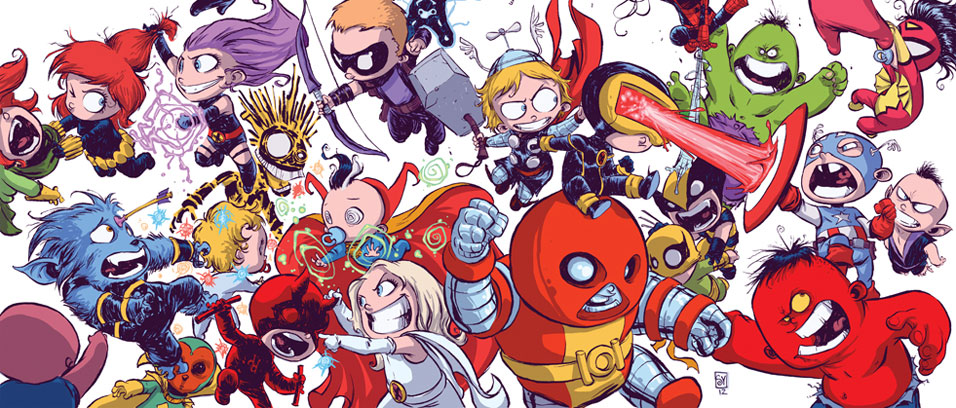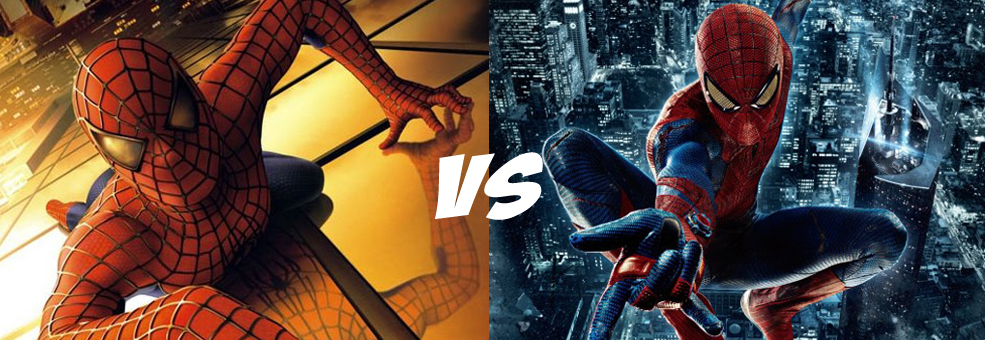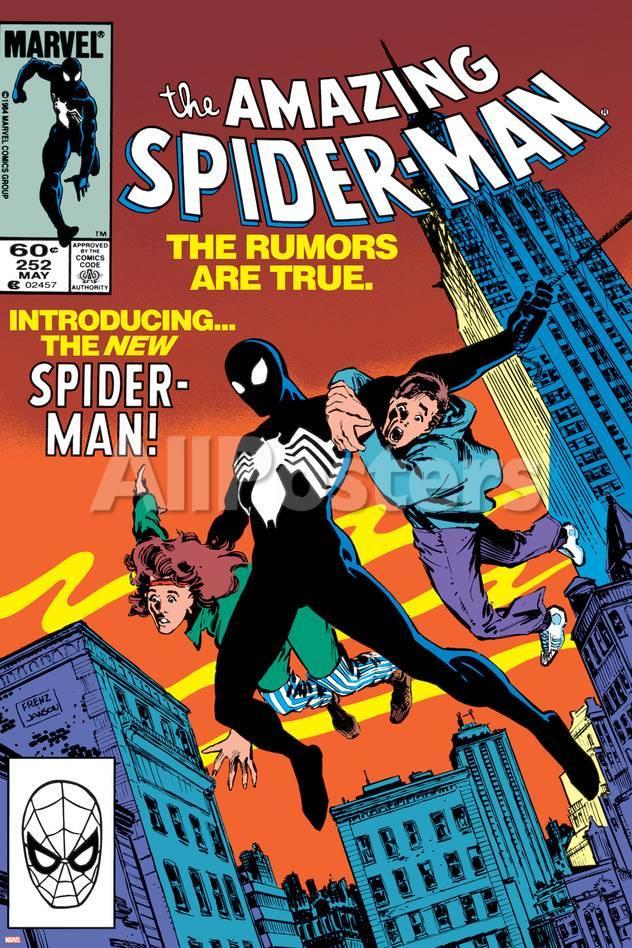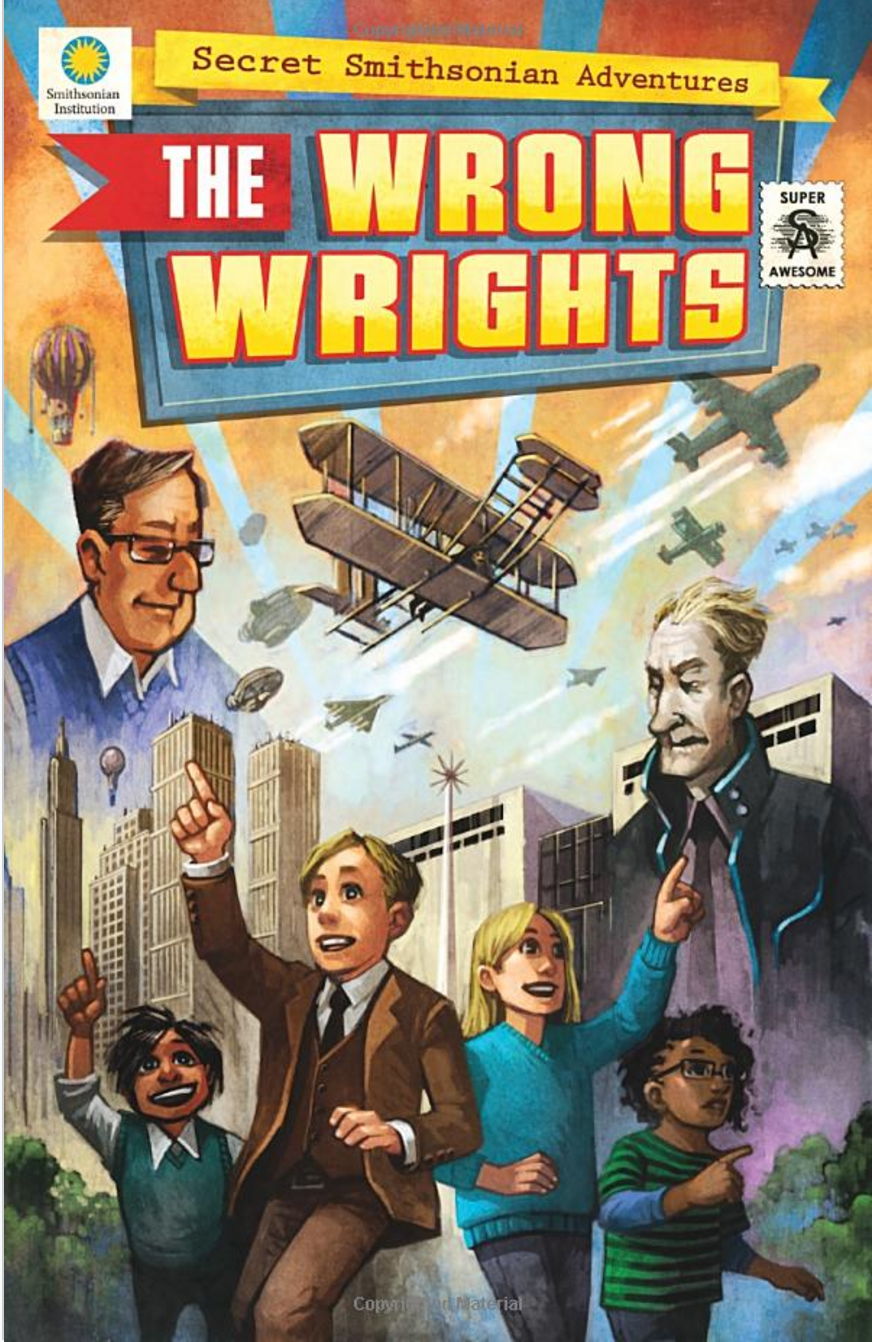While reading Batman 41 last week, I was caught off guard when my reading experience was interrupted by two ads for Twix, each of them taking up half of two pages of the comic. I knew this day was coming since it was announced, and I’m pretty sure that I even knew that it was going to be an ad for Twix. I guess it’s one of those things that you are told about, reminded of and prepared for, but it still catches you by surprise. It’s now a fact that monthly physical issues of DC will have a few pages where the story shares a page with an advertisement. What a brave new world we now live in.
Ok, maybe I’m being hyperbolic, but this move on behalf of the publisher smells kinda funky. For those of you Comixiology-faithful, or the patient trade-waiter that has yet to see this, let me see if I can explain how this works: About half-way through an issue, instead of the time-cherished tradition of having a full page of comic material followed by a full page of advertisement, DC has decided to go back to a sales method abandoned by publishers decades ago. Currently, the top half of both pages are dedicated to the comic, while the bottom is now allocated to ad space. Not a huge deal, right? Well, yes and no.
This is where it gets tricky. I’d hate speak for others, but I’ve had my own eyes opened by Scott McCloud and Will Eisner. Sequential storytelling (essentially the process in which the story in a comic is told), has to have a certain flow. Not to get all “Understanding Comics-y” on you, but the way our mind works when we read a comic, from panel to panel, and caption to caption – is really quite different from how we read more traditional written storytelling. The obvious factor is the visual element. Subconsciously, our mind recognizes the motion of the image from one panel to the next. When we’re about half-way through an issue (say about where these advertisements are popping up), our mind relaxes and becomes engrossed in the story. So when I’m reading about Jim Gordan, looking at the design of his new Batsuit, and the dialogue of Scott Snyder is working in concert with the artwork of Greg Caupullo – it can really be an awkward speed bump when I see Nick Lachey, pushing candy bars at me.

That’s the problem with my little editorial though- it bugs me and it might not bug you. If you can read an issue and not suffer the distractions that my chaotic mind must endure, then all power to you, friend. I would ask that you indulge me here for a minute, though.
We know that ads have appeared in comics for decades. Charles Atlas made skinny kids feel insecure in the sixties,and even Spider-Man and the Hulk pimped Hostess’ Cakes in seventies In fact, I can still remember not being able to open up a Marvel Comic in the nineties without seeing Mile High Comics, listing in the smallest print possible, offerings for tons of Valiant back issues. So if Twix wants to advertise to me – that’s cool. My problem is that DC, and their sponsors, didn’t decide in just one day to switch it all up. Advertisement is a big business, especially in today’s world. It is without any doubt that the layout of those two pages (minus the actual comic layout, ironically) were focus-tested heavily. It is also a sure bet that whatever ad agency the represents Mars, Inc. paid DC extra to have their ad laid out like this. Clearly DC accepted, and sadly, did not consult with their creative teams before accepting that offer. From my understanding the only consulting party were the editors tasked with telling the creative team, ‘On page X to X there are going to be two half page candy bar ads, so you need to make sure whatever layout you had planned for that can be cut in half for the floppy, and then put back together for the trade and digital release.’
Before you write me off as a conspiracy nut, let me explain that DC has every right to do what they did. DC wants to sell books, and they want to make sure that they can finance a quality product. The best way to do this is with advertisement. Obviously their comics are produced by creative illustrators and merit-worthy writers, but ultimately, these creative teams do not own their books, characters or even the stories that they are telling. It’s an ugly truth, but if DC wants to put the ad in their book, the only person they need to answer to are their customers.
Unfortunately, this is where DC has us. We can complain about the ads all day, and many have. I can write this editorial, and the words are not going to be enough. The only way to express disappointment is to vote with our dollars, which isn’t recommended because it could affect the creators on the books and vicariously punishing the innocent. Ultimately these ads are a small annoyance, and DC knows that they will not be distracting enough to lose readership over. DC publisher Dan DiDio even said, “Nobody stops reading or visiting a website because of a popup or anything like that. As far as I’m concerned, it’s the story that matters. If somebody’s worried about an ad, then we might not be doing our best stories.” I can’t fully agree with that statement because (and this is my opinion) DC’s books have become really great as of late, and there are a lot of people complaining about this.
Consumers do have options. They can trade-wait, but the fate of a book’s future rarely relies on how well a trade sells. They can go digital, but that is asking some customers to change their preferred format, and DiDio has even hinted that if these ads are successful (which I fail to see how that success if fairly measured) that they will look into doing the same thing with their digital releases. Already there are ads for DC products (toys and movies mostly) in their digital comics, so it’s hardly a question of ‘if,’ but ‘when.’
The kicker is that I am now writing one of those annoying editorials that talks, no, complains about a problem without offering much of a solution. It’s frustrating, but I’m going to continue to buy the comics that I’ve always bought. I previously said that by writing this, it won’t make a difference, but maybe I’m wrong. Maybe by at least having this conversation it will encourages my fellow comic-lovers to familiarize themselves with this issue. Remember, a lot of you give your money to DC every week. Perhaps this will reach someone who can come up with a solution that I haven’t thought of yet. Oh, and for the record- Twix is an excellent candy bar.


